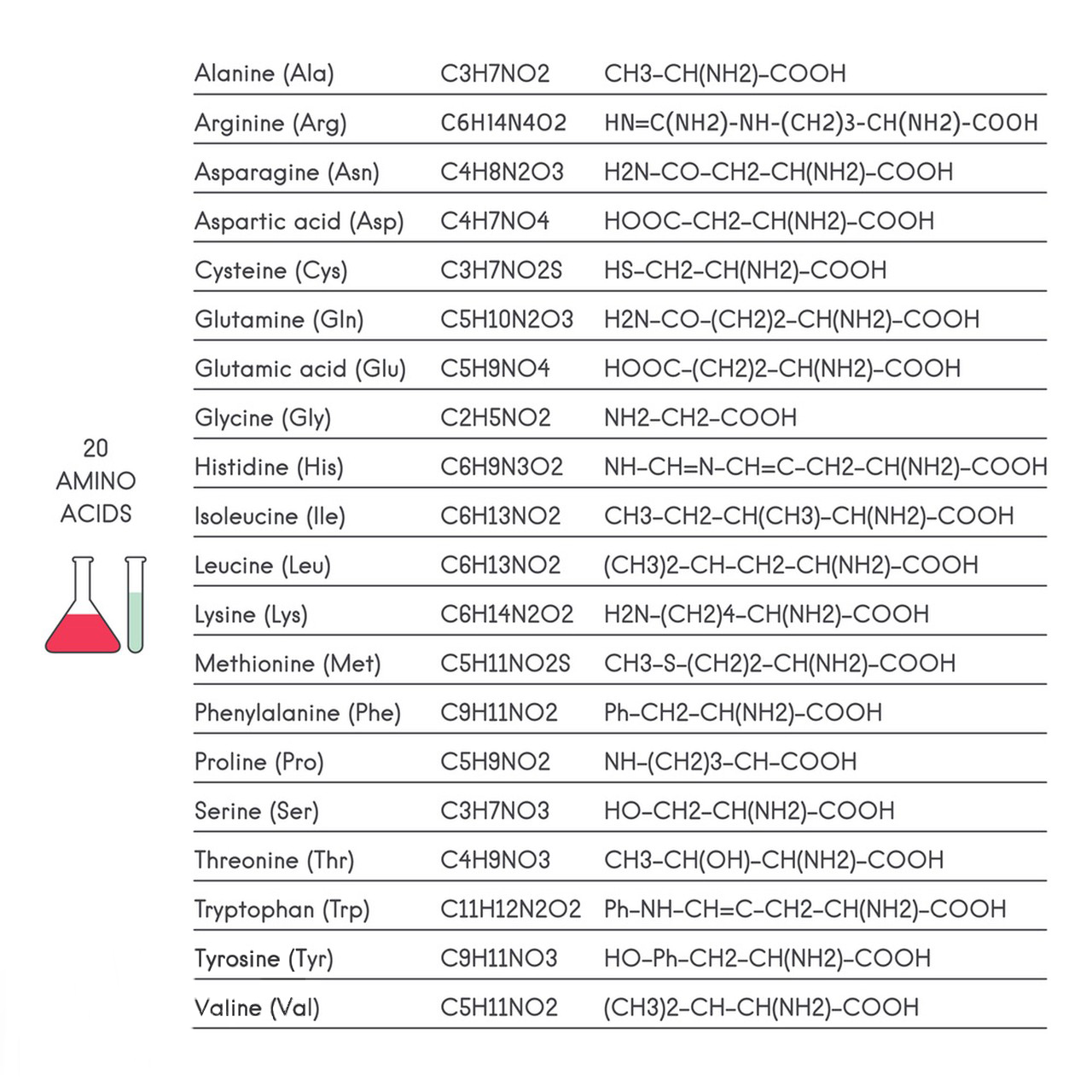L-Glutamic Acid is a non-essential amino acid that plays a crucial role in various biological processes, including neurotransmission, protein synthesis, and metabolic pathways. Below is an overview of its effectiveness, potential side effects, and special precautions.
Effectiveness of L-Glutamic Acid
1.Neurotransmitter Role:
- L-Glutamic acid is a precursor to glutamate, the primary excitatory neurotransmitter in the brain. It supports cognitive functions like learning and memory.
2. Digestive Support:
- It may contribute to gut health by aiding in the production of energy for intestinal cells and improving nutrient absorption.
3. Immune Function:
- It plays a role in the synthesis of glutathione, a powerful antioxidant, which helps combat oxidative stress and boosts immune defense.
4. Muscle Recovery and Protein Synthesis:
- L-Glutamic acid supports muscle recovery by participating in nitrogen balance and protein metabolism, although its direct supplementation is often overshadowed by L-glutamine.
5. Potential in Medical Applications:
- May aid in reducing symptoms of certain neurological conditions (e.g., epilepsy and mood disorders).
- Studied for potential benefits in metabolic disorders and cancer therapy (as part of clinical trials).

Side Effects of L-Glutamic Acid
1.Common Side Effects (usually mild):
- Gastrointestinal discomfort (nausea, bloating, or diarrhea).
- Headaches or mild fatigue in rare cases.
2.Rare but Severe Side Effects:
- High doses can lead to excitotoxicity, where excessive glutamate in the brain overstimulates nerve cells, potentially causing damage.
3.Allergic Reactions:
- Rare, but may include rash, itching, or swelling. Seek medical attention if these occur.
Special Precautions of L-Glutamic Acid
1.Pregnancy and Breastfeeding:
- Insufficient data exists on the safety of L-Glutamic acid supplements during pregnancy or breastfeeding. Consultation with a healthcare provider is advised.
2. Neurological Disorders:
- People with epilepsy, Parkinson’s disease, or similar conditions should use caution as excessive glutamate activity might exacerbate symptoms.
3. Kidney or Liver Disorders:
- Since amino acid metabolism involves the liver and kidneys, individuals with compromised organ function should consult a doctor before using L-Glutamic acid supplements.
4. Monosodium Glutamate (MSG) Sensitivity:
- People sensitive to MSG might experience similar reactions to L-Glutamic acid supplements due to glutamate-related pathways.
5. Medication Interactions:
- Can interact with drugs affecting neurotransmitter activity (e.g., anti-epileptic or psychiatric medications).

Recommendations for Use
- Always follow the recommended dosage on the supplement label or as directed by a healthcare professional.
- Combine supplementation with a balanced diet to optimize amino acid intake naturally from protein-rich foods like meat, eggs, and soy products.
If you’re considering L-Glutamic acid for a specific condition, consult a healthcare provider to evaluate potential benefits and risks tailored to your health profile.
